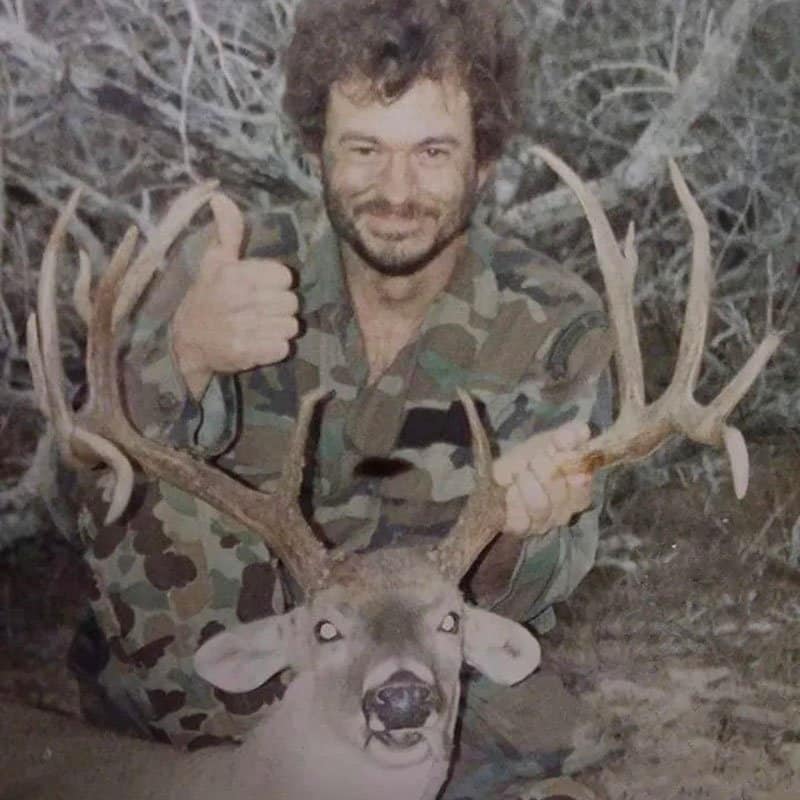In the realm of wildlife conservation, the battle against poaching remains a formidable challenge. However, empowering communities to take a stand against illegal activities can be a game-changer. This article explores seven key points on how communities can become wildlife guardians, inspired by the story of Charles Beaty, known for his ebook “Prince of Poachers“, but now a war horse in the fight for conservation.
Table of Contents
The Transformation of Charles Beaty:
Charles Beaty, formerly infamous as the “Prince of Poachers,” underwent a profound transformation that led him to become a powerful advocate for wildlife conservation. His journey, documented in his book “Prince of Poachers,” recounts his past exploits and the reasons behind his decision to abandon poaching. Understanding the mindset shift of someone deeply entrenched in illegal hunting sheds light on the potential for change within even the most notorious individuals.
Community Education as a Weapon:
One of the pillars of combating poaching is education. Empowering communities starts with raising awareness about the consequences of poaching on both local ecosystems and global biodiversity. Workshops, seminars, and educational programs can enlighten community members about the delicate balance of ecosystems and the crucial role each species plays.
Alternative Livelihoods:
Communities often turn to poaching due to economic challenges. To address this, it is essential to provide alternative livelihoods that offer sustainable income opportunities. Initiatives such as eco-tourism, sustainable agriculture, and craftsmanship not only provide financial stability but also instill a sense of pride in contributing to the preservation of wildlife.
Technological Innovations in Monitoring:
Harnessing the power of technology is crucial in the fight against poaching. Communities can use advanced monitoring systems like drones, camera traps, and satellite tracking to keep a vigilant eye on wildlife habitats. Real-time data can aid in rapid response efforts, thwarting poachers before they can cause irreparable harm.
Community-Led Anti-Poaching Units:
Establishing community-led anti-poaching units can serve as a powerful deterrent. These units, comprised of local residents who intimately understand the terrain, can patrol and safeguard wildlife areas. Training programs and collaboration with law enforcement agencies enhance the effectiveness of these units, turning communities into the frontline defenders of their natural heritage.
Legal Support and Advocacy:
Communities need legal support to combat poaching effectively. Advocacy for stricter penalties, robust law enforcement, and international cooperation can create an environment where poachers face severe consequences for their actions. Engaging legal experts and environmental advocates can strengthen the community’s ability to push for and enforce stringent anti-poaching laws.
Cultural Shift and Stigma Reduction:
Addressing the cultural aspects that may contribute to poaching is essential for long-term success. Reducing the stigma associated with reporting poaching activities and promoting a cultural shift towards conservation-minded values can reshape community attitudes. Celebrating local heroes like Charles Beaty, who turned away from poaching, can inspire others to choose a path of conservation.
Bottom Line:
The story of Charles Beaty, famous for his book “Prince of Poachers” and now turned war horse in the fight against illegal hunting, exemplifies the transformative power of personal change. By implementing education, alternative livelihoods, technological innovations, community-led initiatives, legal advocacy, and cultural shifts, communities can become formidable wildlife guardians. Empowering individuals to protect their natural heritage not only safeguards biodiversity but also fosters sustainable development and a harmonious coexistence between humans and wildlife. The war against poaching requires united efforts, and with communities at the forefront, we can build a future where wildlife thrives, and illegal hunting becomes a relic of the past.

